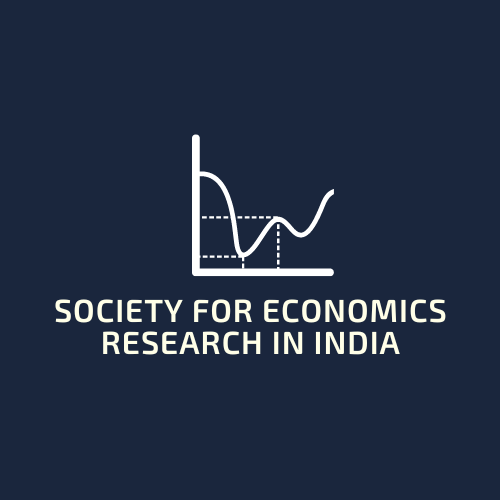Competitive Disclosure of Information to a Rationally Inattentive Consumer
Authors: Vasudha Jain, Mark Whitmeyer
Abstract: Firms strategically disclose product information in order to attract consumers, but recipients often find it costly to process all of it, especially when products have complex features. We study a model of competitive information disclosure by two firms vying for a consumer who may save on attention costs by systematically ignoring some information. We find that for a large class of parameters, it is an equilibrium for the firms to provide the consumer with her first-best level of information–i.e., as much as she would learn if she herself controlled information provision. Importantly, this is not true if the consumer could costlessly process information, or if there were only one firm. Our key contribution is to identify a novel channel through which an interaction of firm competition with consumer inattention encourages information disclosure: information on one firm substitutes for information on the other, which nullifies the profitability of a unilateral withholding of information. Our results have implications for a broad range of applications.
